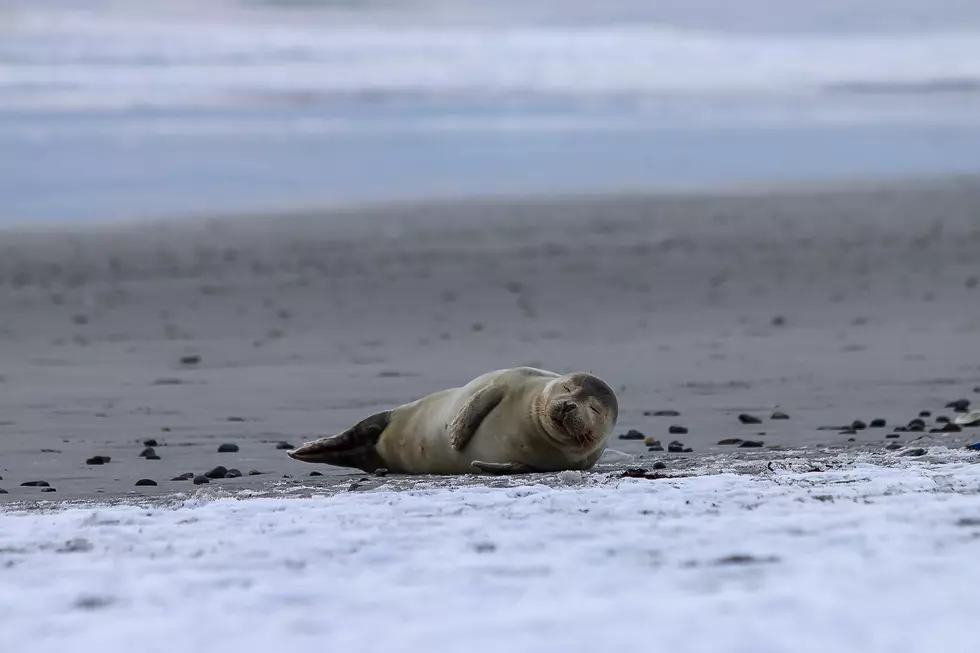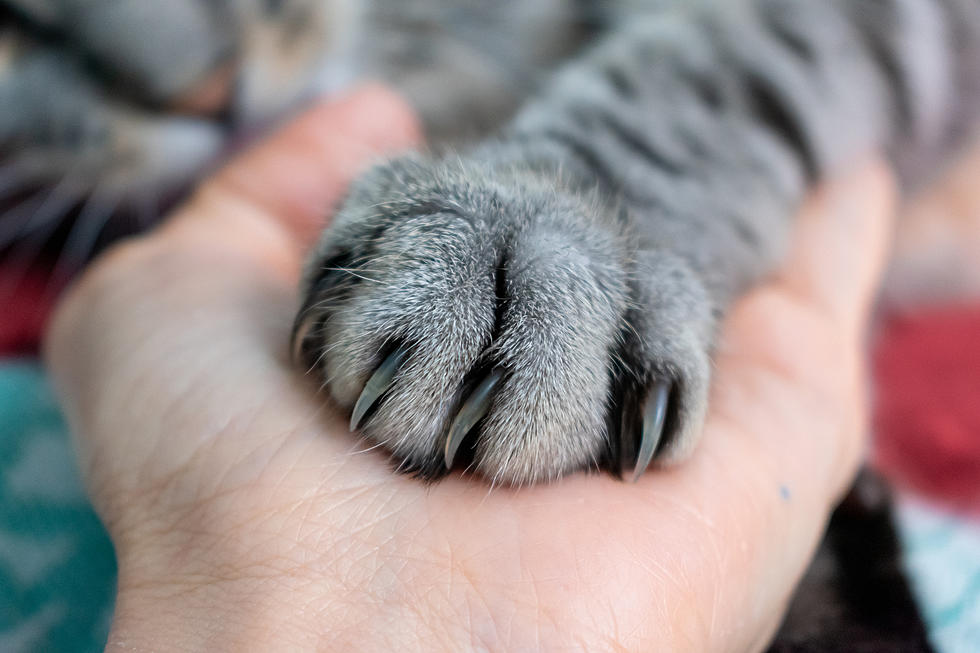
Injured Harbor Seal Being Treated After Rescue On Rye Jenness Beach
Ashley Stokes and Brian Yurastis of the Seacoast Science Center and Lynda Doughty of Marine Mammals of Maine held a Facebook Live event to update the public on the status of the harbor seal rescued on Jenness Beach in Rye last week.
After the seal was triaged at the Seacoast Science Center last week, rescuers decided to send the seal to the Marine Mammals of Maine rehab facility in Bath due to signs of infection on his muzzle.
At the center, the seal received around-the-clock treatment for the first 48 hours, according to the event hosts. He received fluid therapy to address dehydration and was given a disinfectant bath to address wounds on his muzzle and body.

The seal is now receiving nebulizer treatments twice a day as well as intravenous medication to address a possible viral infection. He is also receiving nutritional therapy to spur weight gain.
Doughty said the seal is showing signs of improvement but the rehab center will continue to monitor his response to the medications and treatments. Doughty hopes the seal can be released within a month.
Stokes, the Marine Mammal Rescue Manager for Seacoast Science Center, said the rescue caseload is around 110 mammals per year, evenly split of live and dead animals. The young harbor seal was the 87th rescue of the season, and the ninth to be sent to rehab
According to a Facebook post from the Seacoast Science Center, the harbor seal, a male, was determined to be around 6-7 months old and appeared to be in good nutrition but had an infection on his jawline that rescuers called “weanling mouth,” a condition common in young seals, according to the post.
There was swelling on the left side of the seal's mouth that impacted his breathing and possibly inhibited the seal's ability to shut his left nostril during dives. This caused the seal to become extremely dehydrated, rescuers said.
Rescuers took him to the Seacoast Science Center in Rye for rehabilitation and further tests. According to the post, the seal's bloodwork was satisfactory and the seal did not have a fever, leading the staff to predict a swift recovery from the infection. As of Friday, the seal was being rehydrated at the center and was recovering well.
Harbor seals are the most common seal seen on New Hampshire beaches. The Marine Mammal Rescue Team responds to all calls regarding mammals, live or dead, on the beach in accordance with the federal Marine Mammal Protection Act.
The Rescue Team website encourages residents to stay away from seals or other animals washed up on the shore and instead contact the Seacoast Center. The Seacoast Science Center staffs a 24/7 hotline where residents are encouraged to call (603) 997-9448 to report any mammals seen on the shoreline from Essex County to the Maine Border.
KEEP READING: See how animals around the world are responding to COVID-19
More From WSHK-WSAK 102.1 & 105.3 The Shark









